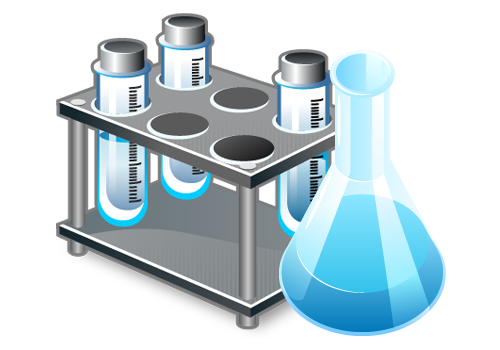Solutions
As laboratory automation and experimental techniques advance, the data generated in the laboratory is increasing dramatically in size every day. You may be used to saving the data on the PC or notebooks but will soon realize the storage is insufficient and it is insecure to save your findings due to lack of RAID protection of the hard drives and easy leakage of sensitive data. QNAP NAS is a system with mass storage capacity to meet your storage-hungry environment. Lots of data protection measures are built-in to help you back up the data efficiently and safely.
Benefits of QNAP NAS
- Data backup and hardware protection
- Secure remote access and control
- Reliable shared storage in virtualized environment
- Research findings publishing

Data backup and hardware protection
QNAP NAS products offer complete data protection through automatic schedulable backup to your choice of internal or external storage media. To prevent physical damage it allows you to replicate your valuable data to other remote locations for emergency disaster recovery. The NAS offers secure RAID 1/5/5 + hot spare/6/6 + hot spare protection.
Secure remote access and control
QNAP NAS supports SSH, SSL, FTPS, HTTPS, WebDAV and so on which allows you to access the laboratory from other remote locations securely. Unauthorized access attempt will be automatically blocked according to your IP filter policy. Individual access rights can be assigned at the same time without complicated procedures. The NAS also provides a comprehensive log system for you to keep track of the system events and connection history from different network protocols.
Reliable shared storage in virtualized environment
QNAP NAS can be deployed as a reliable shared storage on the Windows clustered and virtualized network. No extra setup cost is ever required.
Research findings publishing
You can make use of the built-in web server or install add-ons (popular content management systems such as XOOPS and Joomla!) on the NAS to create a website and publish the findings and research results.





2.jpg)

.jpg)

.jpg)

